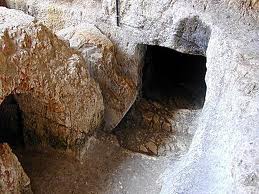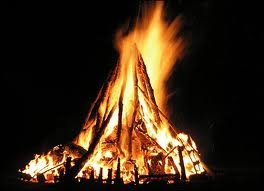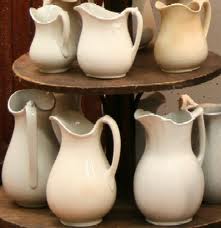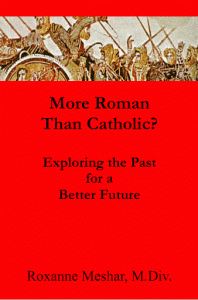Beginning with Lent, our journey comes to a close.
The great liturgy, Triduum, began on Thursday.
We gathered.
Our feet were washed. We washed the feet of others.
We shared bread and wine.
Friday we prayed.
Saturday we waited.
At sundown tonight, Easter arrives. The liturgy continues.
We are all gathered.
The church is dark.
The wreath is placed in the fireplace. The bonfire is lit. In the darkness we wait and watch.
In the darkness, the procession slowly enters the church. The bells jingle. The banners shimmer.
The bonfire glows outside the window.
The light is passed to everyone gathered.
Music starts. Readings begin.
Fragrant incense annoints us all.
And we remember.
Whatever tomb we think we are in, God can do things for us that we cannot imagine for ourselves.
We can walk out of the tomb.
Death is not the end.

You may also like Happiness is a Choice and What Is Your Story?




